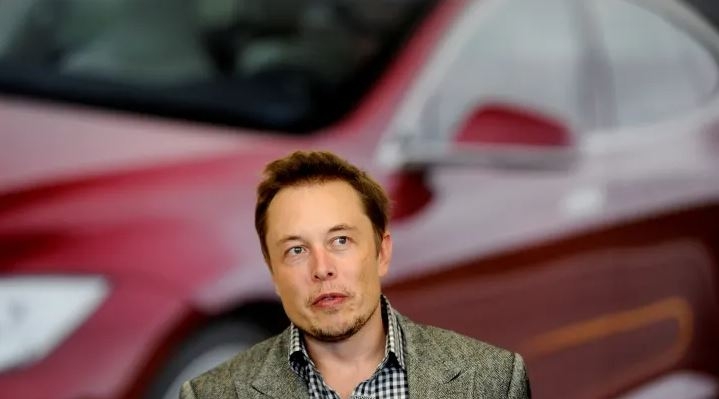Billionaire entrepreneur and CEO of Tesla and SpaceX, Elon Musk, has sparked a fierce debate about race, diversity, and equality in the United States with his recent comments about the media and schools being discriminatory towards whites and Asians. In a recent interview, Musk expressed his concerns about affirmative action policies designed to increase diversity in higher education and the workplace, which he believes have resulted in discrimination against white and Asian applicants.
Musk said that these rules, although having positive intentions, have led to a kind of prejudice known as reverse discrimination, which has a detrimental effect on people of white and Asian descent. In addition, he voiced his worry about the fact that the coverage of these problems in the media has helped lead to a negative prejudice towards these groups. Over the course of the conversation, Musk said, “I believe that there is a lot of prejudice against white and Asian people in America now.” “Both fairly and ethically, it cannot be done.”
Musk’s comments have been met with both praise and criticism. Some have commended him for speaking out about a sensitive and controversial topic, while others have criticized his views as promoting a narrow, exclusionary worldview that ignores the systemic barriers and discrimination faced by people of color.
Those who support Musk argue that he is simply pointing out the need for fairness and equality for all individuals, regardless of their race or ethnicity. They believe that affirmative action policies should be based on merit rather than race, and that the current system unfairly penalizes white and Asian individuals who are highly qualified for positions in higher education and the workplace.
Furthermore, many argue that Musk’s comments ignore the historical context of racism and discrimination in the United States. They point out that white and Asian individuals have historically benefited from systemic racism and exclusionary policies, and that affirmative action policies are a necessary corrective to these past injustices.
Despite the debate surrounding his comments, Musk’s views highlight the ongoing challenges and complexities of addressing issues of diversity and inclusion in the United States. While many agree on the importance of promoting equality and fairness, there is significant disagreement on the best way to achieve these goals.
As the nation continues to grapple with these issues, it is clear that there is no easy solution or quick fix. It will require ongoing dialogue, debate, and engagement from all members of society to move towards a more just and equitable future.
While Elon Musk’s recent comments about discrimination against whites and Asians in the media and schools have sparked a heated debate, they highlight the ongoing challenges of addressing issues of diversity and inclusion in the United States. While there is no easy solution, it is clear that promoting fairness and equality for all individuals, regardless of their race or ethnicity, must be a central goal in our collective efforts to build a more just and equitable society.
